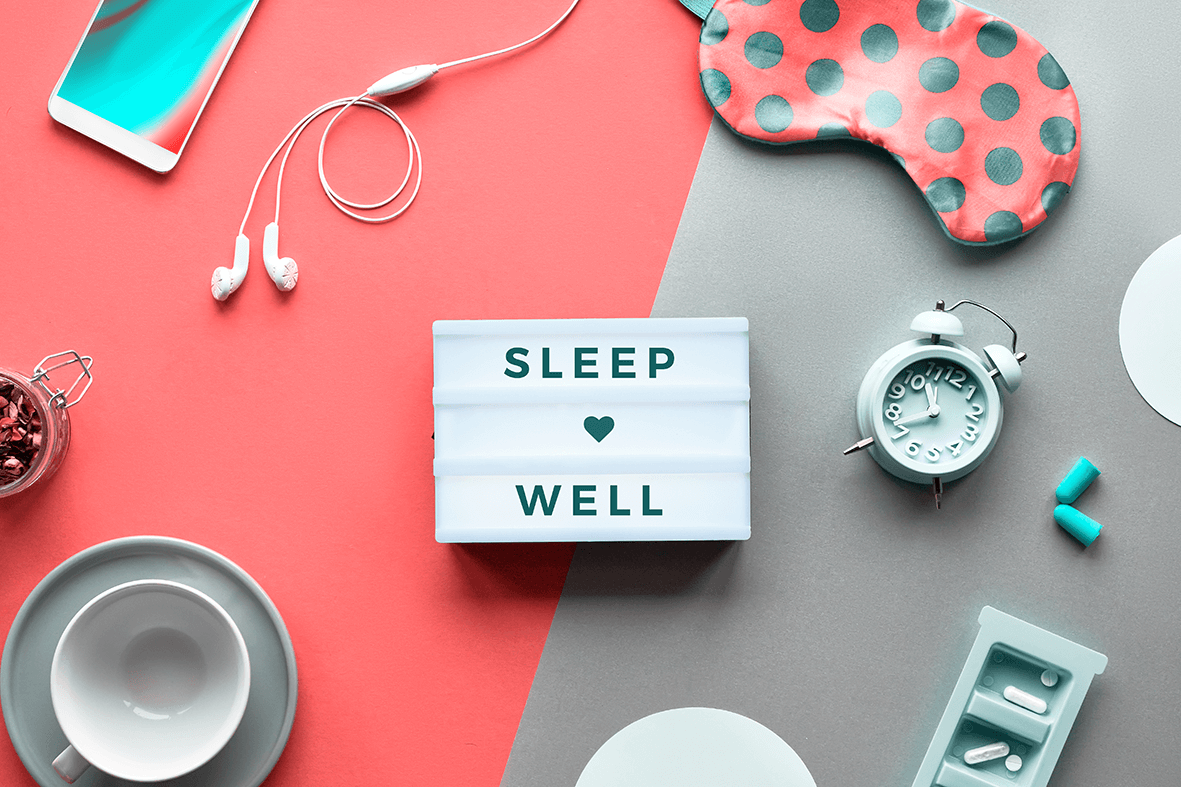“There does not seem to be one major organ within the body, or process within the brain, that isn’t optimally enhanced by sleep (and detrimentally impaired when we don’t get enough).” – Matthew Walker, Neuroscientist, UC Berkley.
We all know that getting more sleep or improving the quality of sleep is much easier said than done. But compelling recent and emerging research is making it more difficult to ignore the fact that we simply have to find a way to prioritise sleep if we want to optimise our health, longevity, resilience and performance.
Modern cultural concept that exhaustion is some badge of honour is treacherous. People seem to think that being busy equals being important or successful. It doesn’t. Rather, it adds up to burnout and inefficiency. We’ve all heard about celebrities or successful business people who brag about getting up at 4 am or who say sleep is wasted time. However, science is unequivocal. Sleep services all aspects of our physical body and mental health.
So instead of getting into a conversation about celebrity life-hacks, let’s instead focus on a few facts. Lack of sleep:
- Amplifies emotional reactivity (or should we say over-reactivity) by 60%.
- Significantly suppresses your immune system (those who sleep less than 7 hours a night are 3 times more likely to catch a cold than those who sleep 7-8 hours).
- Disrupts hormones which help regulate appetite and satiety.
- Increases the likelihood of heart disease and cancer.
- Increases the likelihood of depression.
- Heightens the risk of dementia or Alzheimer’s disease.
- Reduces cognitive function and decreases memory functions and ability to learn or retain new information.
If you haven’t heard or read his work before, you should watch this TED talk (www.youtube.com/watch?v=5MuIMqhT8DM) by UC Berkley neuroscientist, Matthew Walker (if you’re short on time even the first 30 seconds might be enough to convince some).
Many people have convinced themselves that they ‘only need’ or ‘function fine’ with 5-6 hours of sleep. Matthew Walker unequivocally says that is not true. While there are some genetic exceptions that seem to allow some people to remain healthy with less sleep, they are so rare that the probability you are one of them is almost none. Sure, we can certainly become conditioned to chronic sleep deprivation and we can seemingly get by. But for most, they don’t know how much better they could feel or function if they focused on quality sleep. They essentially have a stunted sense of ‘normal’ as their baseline. The truth is, you will feel better, be healthier and function more effectively if you improve the consistency of healthy sleep.
Prioritising sleep is far from being lazy; it’s actually an investment in your health and performance. The science recommends 7-9 hours of sleep. For many, that would mean carving out a sleep window of at least 8 hours daily. This is NOT wasted time; this is a NECESSARY INVESTMENT in yourself.
Practical tips for improving your sleep:
- Go to bed and wake up at the same time every day (or as often as you can), even after a bad night’s sleep and on the weekend.
- Keep your bedroom temperature cool. Wear socks if your feet get cold.
- An hour before bedtime, dim lights and turn off all screens. Blackout curtains are helpful and necessary for shift workers who routinely need to sleep during daylight hours.
- If you can’t sleep, get out of bed and do something quiet and relaxing (avoiding screens) until the urge to sleep returns. Then go back to bed.
- Avoid caffeine after 1 pm.
- Avoid alcohol. Alcohol disrupts sleep cycles and reduces the effectiveness of sleep, including specifically suppressing REM sleep.
- Regular exercise can also improve sleep quality.
Creating extra time for sleep isn’t easy. But the payback in terms of health, emotional balance and productivity is worth it.
Written by Andrew Stephenson – HBD International. Reproduced with permission.


